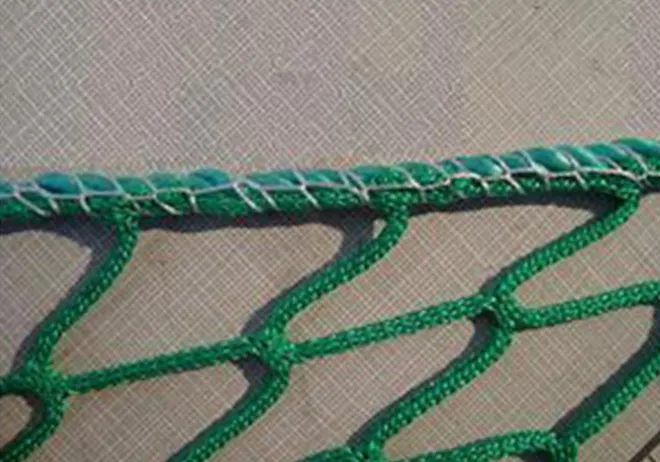industrial strength sewing machine
The Evolution and Importance of Industrial Strength Sewing Machines
Sewing machines have been an integral part of the textile industry for over a century, serving as the backbone of clothing production, upholstery, and various other fabric-related sectors. Among these machines, industrial strength sewing machines stand out due to their robustness, efficiency, and specialized capabilities. As the demands of the fashion and textile industries evolve, so too do the technologies that support them.
Industrial strength sewing machines are designed for high-volume production environments where speed, durability, and quality are paramount. Unlike their domestic counterparts, these machines can handle thicker fabrics, multiple layers, and a higher number of stitches per minute. This capability is crucial in factories and workshops where thousands of garments are produced daily. They are engineered to withstand long hours of operation, maintaining precision and performance without the wear and tear that might affect lighter machines.
One of the leading advancements in industrial sewing machines has been the introduction of computerized technologies. Modern industrial machines are often equipped with digital interfaces that allow for precise control over stitching patterns, tension settings, and even automatic cutting features. This integration of technology has revolutionized the garment manufacturing process, enabling operators to produce complex designs with ease and accuracy. The ability to program patterns and settings also reduces the risk of human error, ensuring consistency in production and quality.
Moreover, industrial strength sewing machines cater to a wide range of applications beyond garment making. They are essential in other sectors such as automotive upholstery, leather goods manufacturing, and even in the production of technical textiles like tents and awnings. Each application may require specialized attachments or features, such as walking feet, heavy-duty needles, and specific stitch types, making the adaptability of these machines a significant advantage.
industrial strength sewing machine

Another critical factor influencing the use of industrial sewing machines is sustainability. With the rise of eco-friendly practices, many manufacturers are focusing on creating long-lasting products that reduce waste. Industrial machines are built to last, often outliving their lighter counterparts and minimizing the need for replacements. Additionally, many companies are adopting sustainable practices in their production processes, using machines that optimize fabric usage and reduce offcuts. This shift not only benefits the environment but also enhances a brand's reputation in a market that increasingly values sustainability.
In terms of training and skill development, operating an industrial strength sewing machine often requires specialized training. While the basic principles of sewing may remain the same, the complexity and functions of these machines necessitate knowledgeable operators who can troubleshoot issues and maintain the equipment. Technical schools and vocational programs increasingly offer courses tailored to industrial sewing, equipping new generations with the skills needed to thrive in a competitive job market.
However, despite their advantages, industrial sewing machines can be quite an investment. The initial cost and maintenance expenses can be substantial, making it crucial for businesses to evaluate their needs thoroughly before purchasing. It is essential to consider factors such as production volume, types of fabrics processed, and specific garment requirements to determine the most suitable machine. Many companies opt for leasing or purchasing second-hand machines to mitigate initial costs, especially in industries where scalability is a significant factor.
As industries continue to grow and evolve, the role of industrial strength sewing machines will remain pivotal. Innovations in technology, combined with a focus on quality and sustainability, are setting the stage for the future of textile manufacturing. Companies that invest in reliable and efficient machinery will likely have a competitive edge, able to meet the demands of today’s fast-paced markets while adhering to modern standards of sustainability.
In summary, industrial strength sewing machines are far more than just tools; they are essential components of the textile manufacturing landscape. Their ability to combine speed, durability, and precision makes them invaluable in producing high-quality products across various sectors. As the industry embraces technological advancements and sustainable practices, the importance of these machines will only grow, solidifying their role in the future of manufacturing. Whether in bustling factories or specialized workshops, industrial sewing machines continue to be a testament to the ingenuity and adaptability of the textile industry.
-
Boost Production Efficiency with a Pattern Sewing MachineNewsAug.29,2025
-
Industrial Excellence with the Best Heavy Duty Sewing MachineNewsAug.29,2025
-
Precision and Power with the Best Pattern Sewing MachineNewsAug.29,2025
-
Reliable Bulk Packaging Starts With the Right FIBC Sewing MachineNewsAug.29,2025
-
Advanced Packaging Solutions: Elevate Productivity with Jumbo Bag Sewing Machine and Industrial Stitching EquipmentNewsAug.29,2025
-
High-Performance Solutions for Bulk Packaging: FIBC Sewing Machine and MoreNewsAug.29,2025
-
Maximize Efficiency with an Industrial Cylinder Arm Sewing MachineNewsAug.28,2025


























